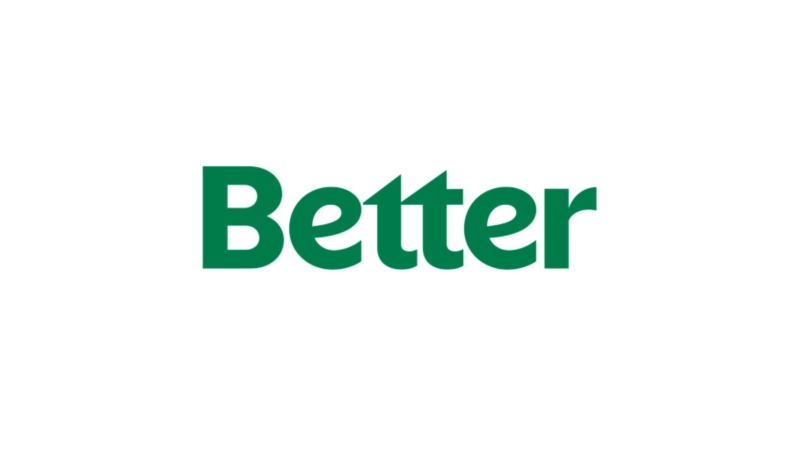Advertisement
Countrywide Continues Torrid Pace
Defending Your Computer, Part IIITom Estesvirus, backup, internet utilities
Since my last article, in the June 2002 edition of The
Mortgage Press, entitled, "Surviving the Computer
Security War," my computer has been attacked 13 times! Fortunately,
I had taken the time and effort to secure my system, or it could
have been irreparably damaged.
Computer security entails refusing the entrance of any uninvited
person or program which might be trying to control or damage your
personal computer or network. It should be as much of a priority as
locking the doors to your home or office.
In the past two installments of this three-part series, it has
been established that, if you surf the Internet, utilize e-mail or
transmit any data electronically, you will eventually be the victim
of some security event, whether it be minor or catastrophic. The
degree of devastation is controlled by you, because it is directly
proportionate to how prepared you are.
In my previous article, I focused on four ways in which you can
defend your system from assault, including:
++Obtaining, utilizing and updating anti-virus software;
++Deploying a firewall;
++Downloading patches for your programs; and
++Downloading and deploying program service packs.
In addition to these tips, there are three additional strategies
which will help to avoid and survive attacks on your system.
1. Craft and deploy rules for office e-mail, since that is how
most viruses are transmitted. You can distribute them just like you
would an employee handbook.
To help get you started, let me make the following
suggestions:
++Make sure your program is set to scan incoming e-mail for
viruses. This may sound obvious, but not every program is
automatically configured for this.
++Be cautious about opening e-mail from someone you do not know,
and if you do not recognize a particular piece of e-mail, then
delete it! If you are using Microsoft Outlook or Exchange, then you
can set an auto-respond feature which will send people a copy of
your policiy.
++Even if you know the sender, pay attention to the e-mail's
subject line; if it seems out of character with that person, then
delete it. For example, if you receive an e-mail from your pastor
that says, "Check out these party pictures!" you can pretty much
assume you should delete it. Call the sender and clarify, though,
you can always ask them to resend it.
++Never, under any circumstances, open executable attachments,
which contain the extension, "exe," because that is how most
viruses are transmitted.
2. Develop a relationship with a computer expert before you need
their services. Nobody waits until they are sick to find a good
physician, so why would you wait for a major security breach before
seeking out a service expert?
You can search the phone book or ask your local computer store
for a recommendation. The most important thing is to conduct an
interview with any potential candidates. Take an application, and
then get the names and numbers of at least three for references.
Inquire about the service person's response time and commitment to
the project, and impress upon them that you are looking for a
long-term relationship with someone who can help keep your system
operational and respond quickly when needed. Seek out their advice
on what you need to do in order to recover from a major security
event.
Besides, if you wait until you need an expert to call one, it
will probably require more of your money and time, so stay ahead of
the curve.
3. The final and most important piece of advice is to back up
your data. Even the most knowledgeable professionals get hacked
(ask your new IT expert).
Using the tips above will help you avoid most viruses, but you
need to come to terms with the fact that no program is foolproof.
So, the final and most important tip is to backup all of your
files. Even experts get hacked and are susceptible to viruses, but
you can lessen your chances by taking these precautions. You need
to operate as though you know you are inevitably going to get a
virus or experience a security violation. If you knew that your
house was going to be robbed, wouldn't you get insurance? That is
what backups are all about--having insurance for your data.
With the price of CD writers falling, there is no excuse not to
get one. CD-Rs are as cheap as floppy disks and hold more than 500
percent more data. Backing up your files is the single most
important thing you can do to prevent a virus from wreaking havoc
on your company.
You can backup your entire system or just your data. If you have
kept the reinstall disks for your application programs, it is not
as critical to back those up, however, you do need to back up your
databases, documents, spreadsheets, customized templates, cookies
and e-mail address books. That is your work, so make sure you
protect it.
You are the only one who knows how often to back up your
records. Ask yourself how much information you can afford to loose,
and gauge the back-up frequency accordingly.
The business world is full of potential hazards, but good
professionals know how to lessen their exposure to risks. The
personal computer has become a very important part of business, but
in the worst of cases, the computer is a hazardous open door
through which the world can gain access to your important and
confidential business files.
A secured system is what the personal computer is designed to
be--a tool to make your business better and more efficient. So, do
your part to ensure that it stays that way.
Tom Estes is Technology and Publications Chair of the North
Carolina Association of Mortgage Professionals and regional manager
of American Residential Mortgage. He may be reached by phone at
(877) 327-9684, fax at (888) 445-0393 or e-mail
[email protected].
About the author





